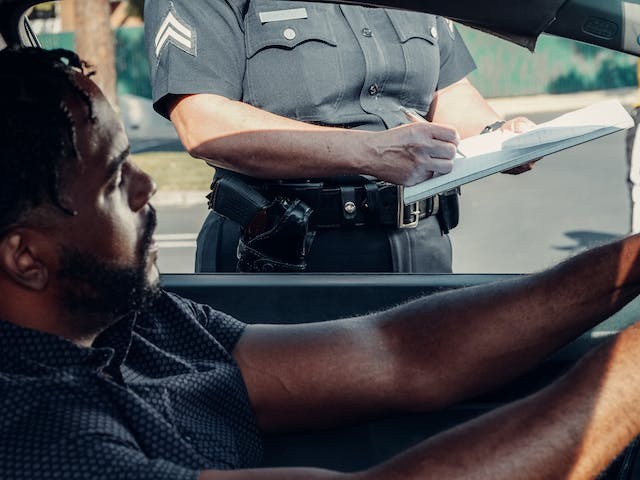
As motorists, it is vital to know your rights regarding DUI checkpoints. While DUI checkpoints play a crucial role in road safety by deterring drunk drivers, each driver retains specific rights.
Notably, these rights protect drivers from unwarranted searches or false accusations. Knowing them can minimize potential misunderstandings and shield you from any misuse of power during law enforcement encounters.
Understanding DUI Checkpoints
Sobriety checkpoints, or DUI checkpoints, are temporary roadblocks established by law enforcement to screen motorists for potential drunk driving offenses. While 38 states utilize these checkpoints, 12 states, including Texas, prohibit their use, deeming them a violation of constitutional rights. The legality of states allowing DUI checkpoints rests on federal and state constitutions, with some states enacting explicit statutes, such as Hawaii and North Carolina.
The Fourth Amendment and DUI Checkpoints
Under federal law, DUI checkpoints are considered legal when closely tied to road safety and free from discrimination. However, specific states prohibit them due to constitutional concerns. A DUI checkpoint's creation and execution must be reasonable to pass legal scrutiny, starting with a logical reason provided by state authorities for its necessity.
Criteria for Legitimate DUI Checkpoints
Courts often evaluate specific criteria to determine a DUI checkpoint's legitimacy. Supervising law enforcement officials must meticulously plan the checkpoint, selecting the location and procedures. Advance advertisement is crucial to inform the public, preventing arbitrary roadblocks. Drivers must be chosen for screening through a neutral formula, focusing on observable behaviors like swerving, speeding, signs of intoxication, or the smell of alcohol.
Executing DUI Checkpoints Effectively
DUI checkpoints must adhere to several essential criteria:
Planning by Supervising Officials: Law enforcement officials must carefully plan the location and procedures.
Advance Advertisement: Checkpoints must be publicly announced in advance.
Neutral Screening: The selection of drivers must be based on a neutral formula, preventing arbitrary stops.
Safety Measures: Checkpoints must be sufficiently safe, incorporating adequate lighting, warning signs, and identifiable police vehicles.
Association with Police Authority: The checkpoint must be associated with police authority, avoiding any appearance of a speed trap or covert operation.
Reasonable Time Limits: Checkpoints should have reasonable time limits, reflecting the officer's judgment.
Detaining Suspected DUI Offenders
When detaining motorists suspected of driving under the influence, the court considers the average length of each detention and the officer's basis for suspicion. DUI checkpoints are often chaotic, requiring officers to employ procedures that ensure minimal detainment.
Authorized Practices at DUI Checkpoints
State-authorized DUI checkpoint practices may encompass various procedures, including:
Background Checks: Officers may conduct background checks on motorists.
Warrant Searches: In some instances, officers may perform warrant searches.
License Inspections: Check drivers' licenses for validity and authenticity.
Field Sobriety Tests: Conducting basic field sobriety tests on drivers displaying signs of impairment.
Legal Boundaries at DUI Checkpoints
Each state outlines specific practices and protocols for DUI checkpoints. Law enforcement officers must adhere to these rules, acting within the established scope and authority of the checkpoint. While some states permit extensive checks, requiring vehicle searches might be unlawful in certain situations.
Know Your Rights on the Road
Understanding the legal requirements at DUI checkpoints is crucial for every driver. Knowing the criteria for a legitimate checkpoint, authorized practices, and the boundaries law enforcement must operate empowers individuals on the road. If you face legal problems related to DUI checkpoints, seeking professional legal assistance is paramount to protect your rights.
For legal guidance and assistance regarding DUI checkpoints, consult with an experienced DUI attorney who can help navigate the complexities of your situation. Contact us now for a consultation and get the legal assistance you require.
RELATED TOPIC
: What are the Benefits of a Professional DUI Lawyer?




